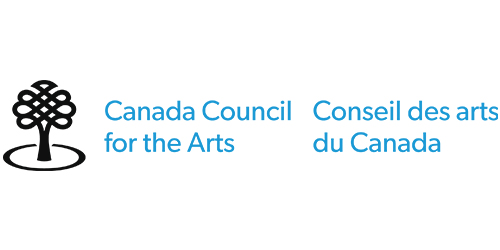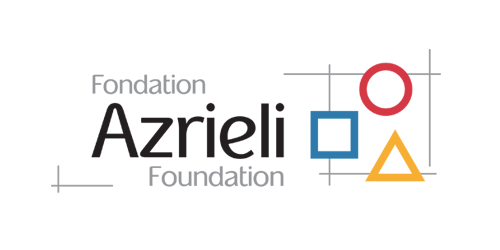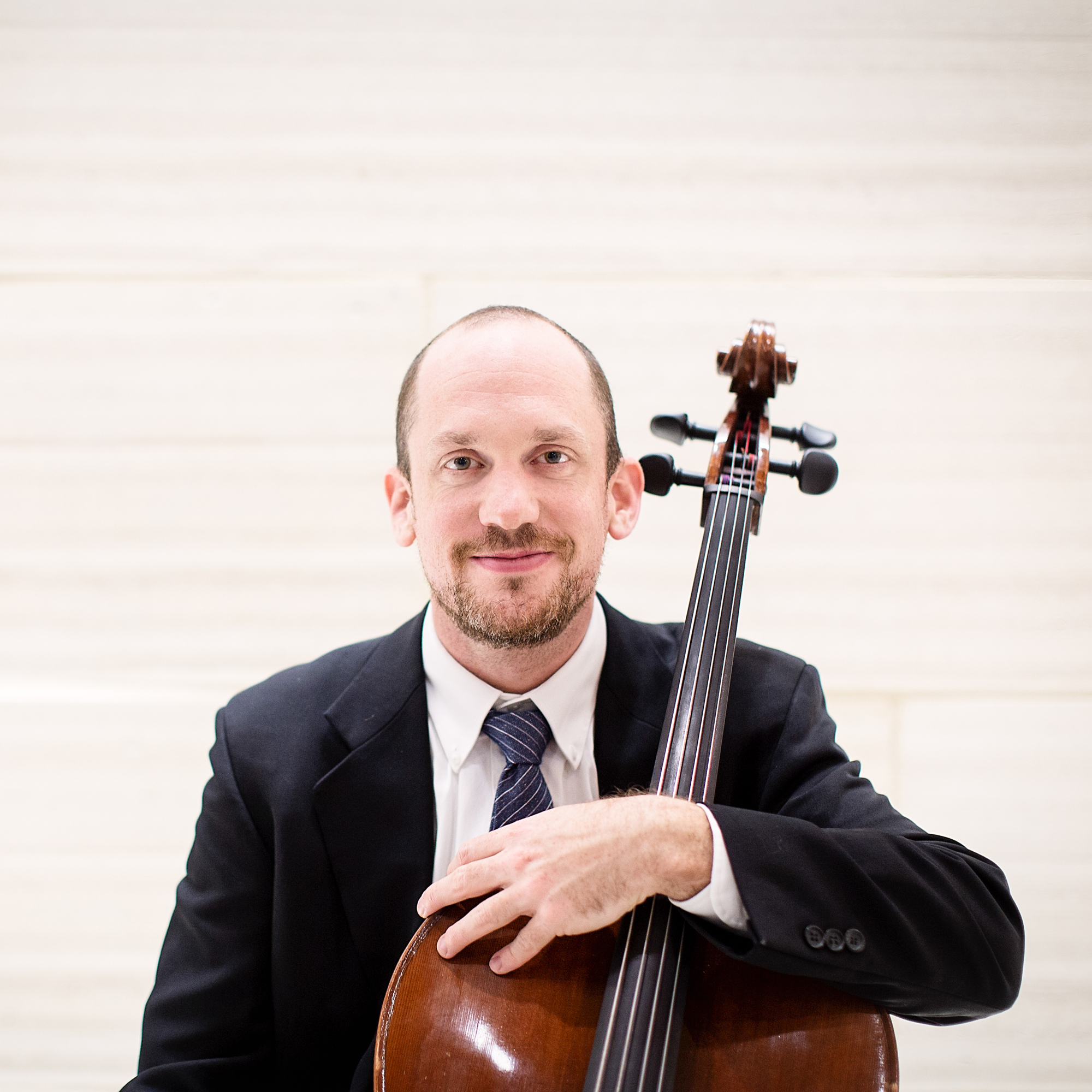by Michael Unterman
John Abberger’s blog post took the thoughts right out of my head. I guess it’s only natural that Tafelmusik’s first tour since COVID is raising the same question for both of us, namely: why invest the considerable energy to take an orchestra on tour? To John’s ironclad reasoning, I’ll add one or two fuzzy thoughts.
The basic question reminds me of the somewhat absurd inquiry travelling musicians sometimes get upon presenting a work visa at customs: “Why are you the only person who can do this?” (i.e. couldn’t one of our own citizens play this gig?). In a way the honest answer is almost always “I’m not,” as there are hundreds of musicians eminently capable of playing the music we play. On the other hand, my imagination shows me Vincent van Gogh driving up to the French border and being told: “Sorry, we already have some very good splotchy painters here.”
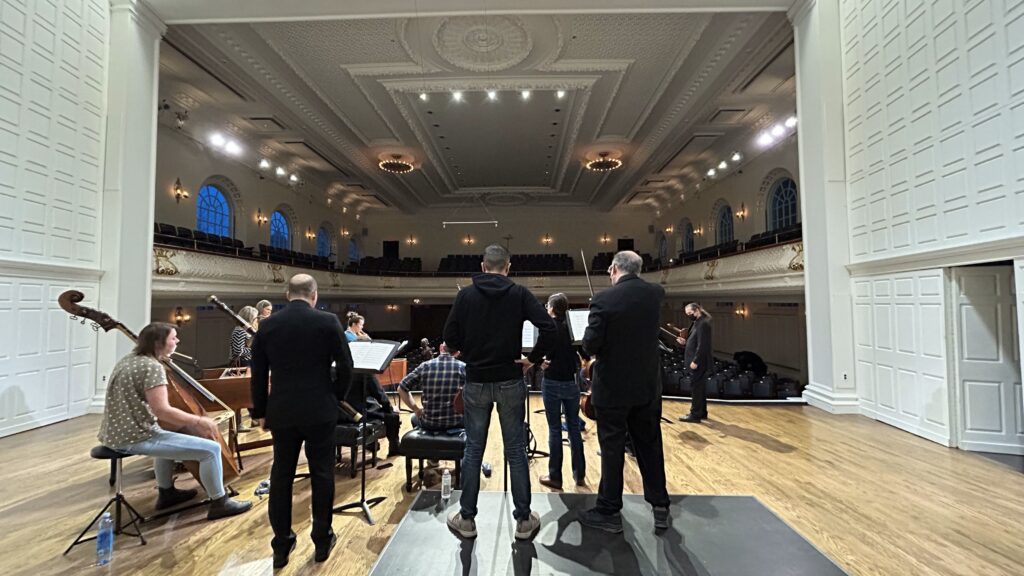
Every artist brings a unique perspective, and so: “There is no orchestra like Tafelmusik.”
Aisslinn alluded to a key aspect of this in her remarks to the audience in Toronto: that for her, Tafelmusik is a chosen family. This is not at all a common thing to say about an orchestra, but I feel it, too, even as a relatively new kid on the block. One of the qualities that makes this so is the way the ensemble is a team of equals, the longstanding practice of rotating section leaders supporting a culture in which everyone contributes with equal intention. The concertmaster or conductor never needs to carry the orchestra on their backs, because the ensemble knows to move in lockstep beside them, shoulder-to-shoulder.
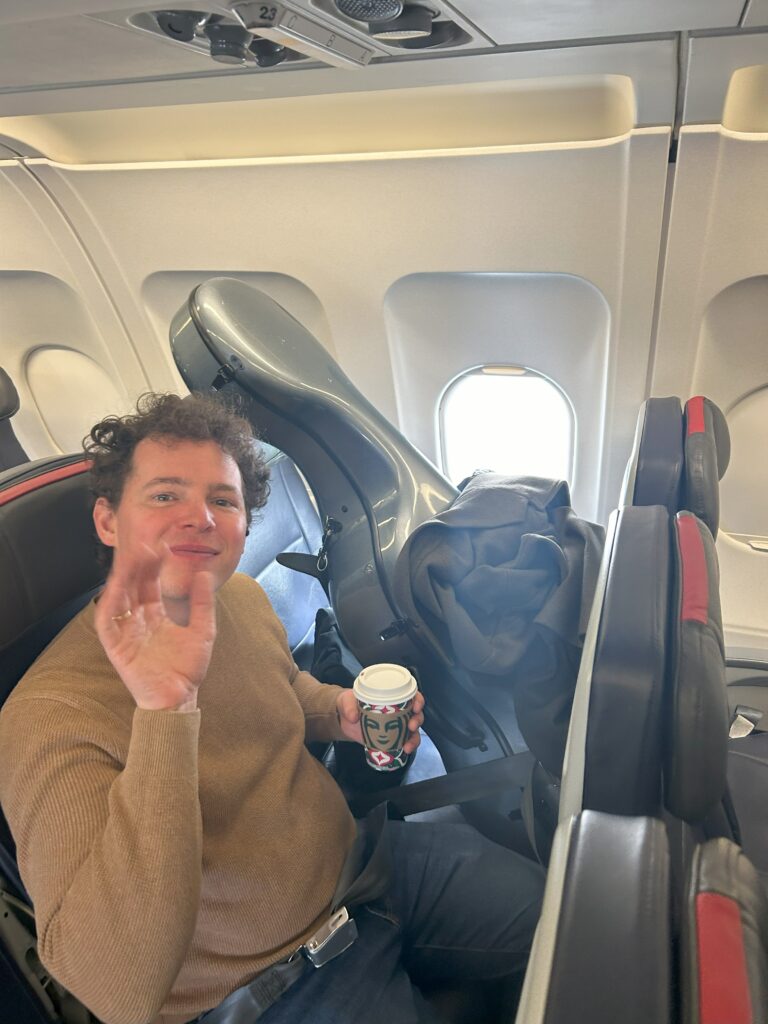
The impact of this was amplified at our New Haven concert, the more intimate layout of Yale’s Morse Hall placing the audience a good deal closer to us than usual so that we were well within earshot of the in-the-moment “oohs,” “aahs,” and “mmms.” Just as so many of the notes we play in baroque music are improvised, the audience’s spur-of-the-moment reactions folded them into the performance and made them most honorary members of our extended family.
Next stop in our Ivy League triple-header: Ithaca, NY and Cornell University.
M.
p.s. Following Tafelmusik’s practice of First Nations Land Acknowledgment and under the inspiration of Pekka Hämäläinen’s recontextualized North American history Indigenous Continent, I’m including here another quick summary, this time inspired by our visit to New Haven.
Relating to the common preconception that colonial powers would sometimes forge benevolent alliances with Indigenous peoples to achieve common goals, Hämäläinen in his book shades that script a little differently, showing that, in many instances, the colonists were unwitting proxies acting on behalf of First Nations’ territorial and political pursuits. A quintessential example comes from the Mohegan Sachem Uncas who forged an alliance with the settlers of Connecticut Colony to successfully turn the tide in conflicts with the Pequots and Narragansetts in the 1630s and 40s, continuing to leverage this advantage until his death in the 1680s.
As Hämäläinen writes: “huddling in their small colonial enclaves, the English […] were insular and powerless by comparison, managing little more than glimpses of the Indigenous politics that determined events and outcomes. The English thought they could regulate matters of war and peace in the New World, but more often than not, [they were] steered into fighting and financing Indian wars and facilitating truces and treaties with goods and gifts when the fighting stopped.”
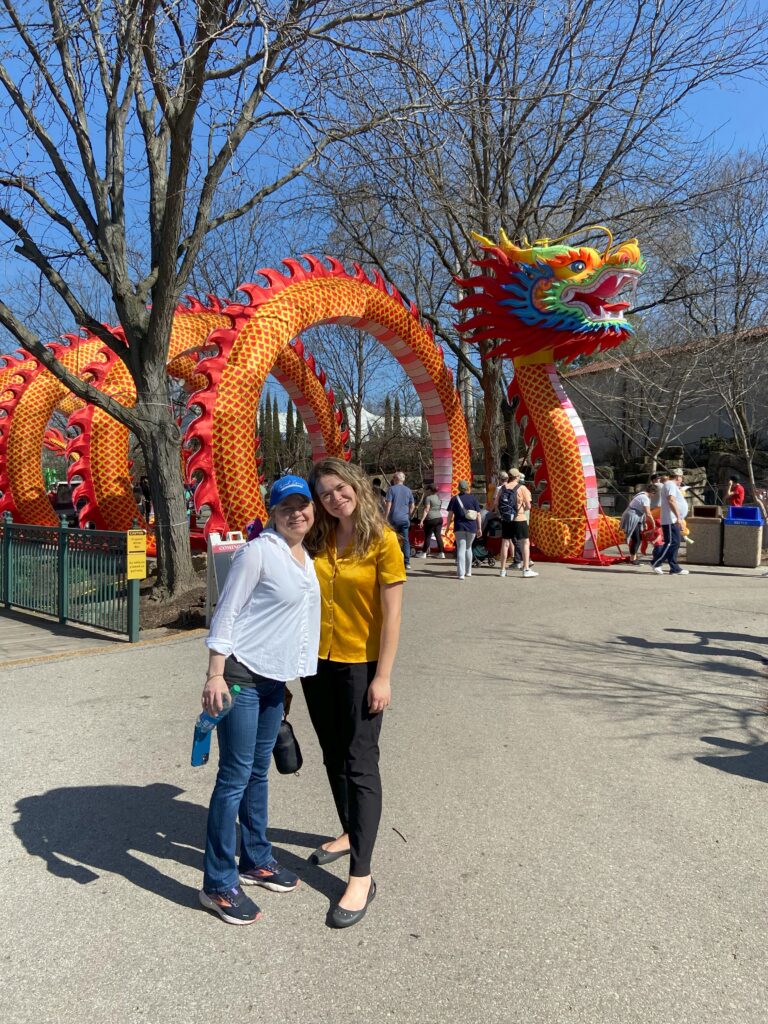
Michael Unterman, a cellist born and raised in Vancouver, BC, is a recent addition to Tafelmusik’s roster, joining the orchestra in January of 2023. Having spent the better part of 20 years studying and working in the Northeast US, he is overjoyed to be back north of the border and playing with this phenomenal ensemble!
Thank You to our Generous Donors
